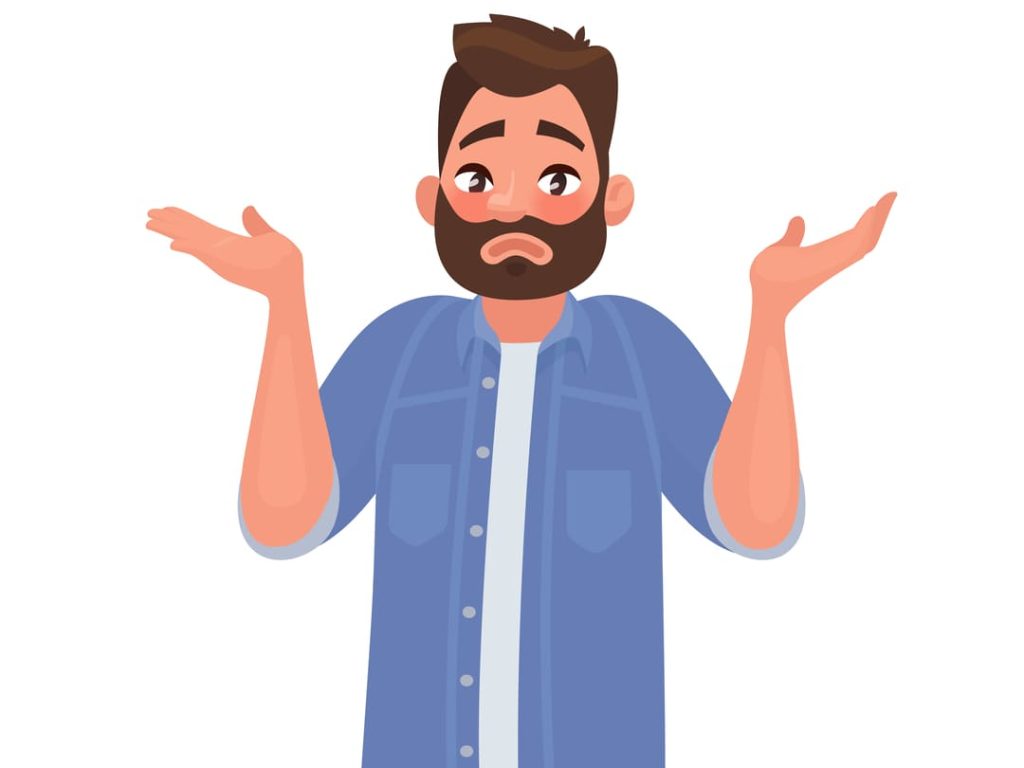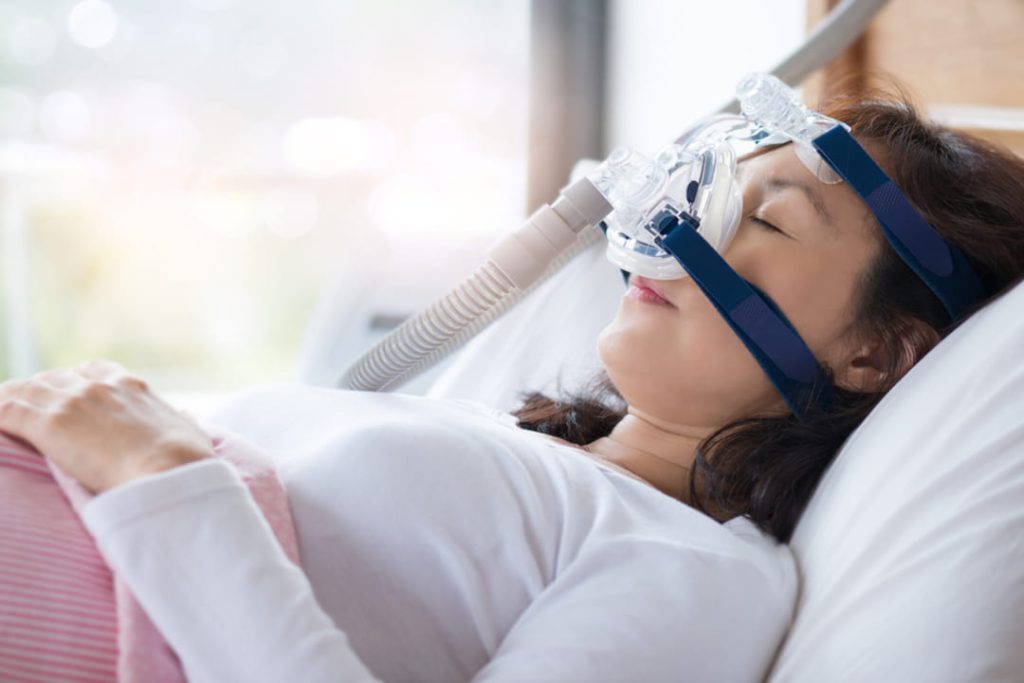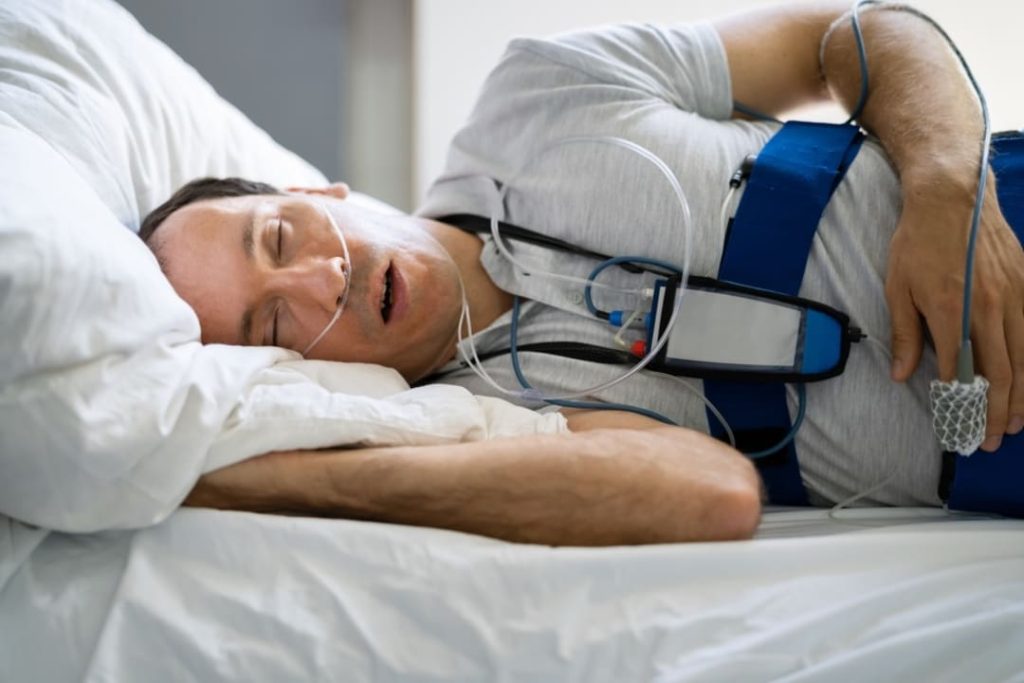Looking for Expert-Level VA Claim Answers?📱Call Us Now! 737-295-2226
Sleep apnea is a prevalent sleep disorder that affects millions of people worldwide, including many veterans.
For those veterans navigating the VA disability benefits system, many want to know, “Is sleep apnea a presumptive condition?”
The short answer is No—sleep apnea is not considered by the VA to be a presumptive condition.
In this post, we’ll jump into the implications of presumptive status, the connection to the Gulf War, and the role of the PACT Act in determining eligibility for VA benefits related to sleep apnea.
- Is Sleep Apnea a Presumptive Condition?
- Is Sleep Apnea a Gulf War Presumptive?
- Sleep Apnea VA Rating Criteria
- How Veterans Can Prove Service Connection for Sleep Apnea
- Pact Act and Sleep Apnea
- Is Sleep Apnea Presumptive (FAQs) Frequently Asked Questions
- VA Sleep Apnea Changes Coming Soon!
- NEED MORE ASSISTANCE?

Is Sleep Apnea a Presumptive Condition?
You DESERVE a HIGHER VA rating.
Take advantage of a VA Claim Discovery Call with an experienced Team Member. Learn what you’ve been missing so you can FINALLY get the disability rating and compensation you’ve earned for your service.
Is Sleep Apnea a Presumptive Condition?
Presumptive conditions are those veterans that the VA automatically assumes to be service-related for eligible veterans, simplifying the claims process.
However, sleep apnea does not typically fall under the category of presumptive conditions.
Veterans seeking VA disability benefits for sleep apnea must provide compelling evidence linking their condition to their military service
Is Sleep Apnea a Gulf War Presumptive?
Sleep Apnea is a serious health condition that affects many individuals, including veterans.
However, for Gulf War veterans, the Department of Veterans Affairs (VA) does not currently recognize sleep apnea as a presumptive illness.
This means that veterans seeking disability compensation or increased health care eligibility for sleep apnea must file individual claims and provide evidence to establish a service connection.
The VA published a report in 2015 that showed that among VA users, the prevalence of sleep apnea was highest among Gulf War Veterans when compared to other Veteran groups.

Sleep Apnea VA Rating Criteria
There are currently four sleep apnea VA ratings: 0%, 30%, 50%, and 100%.
NOTE: The VA has proposed NEW sleep apnea ratings for 2024, covered here: Massive Changes Coming to VA Ratings for Sleep Apnea!
The most common VA rating for sleep apnea is 50%, which means you have moderate to severe symptoms and require the use of breathing assistance devices such as a CPAP machine.
Here are the general VA disability ratings for sleep apnea according to 38 CFR, Part 4, the Schedule for Rating Disabilities, Diagnostic Code (DC) 6847, Sleep Apnea Syndromes:
- 0% VA Rating: A 0% VA rating is assigned when sleep apnea is diagnosed but does not require the use of a CPAP machine or other breathing assistance devices, and it does not significantly affect daily functioning.
This means that there is no associated disability compensation.
The 0% VA rating is non-compensable, meaning a veteran is not eligible to receive compensation.
- 30% VA Rating: This rating indicates moderate to severe sleep apnea. A 30% VA rating is typically assigned if sleep apnea requires the use of a CPAP (Continuous Positive Airway Pressure) machine or a similar device for treatment.
- 50% VA Rating: A 50% VA rating is If it requires the use of breathing assistance devices during sleep, like a continuous positive airway pressure (CPAP) machine or oral appliance, it is rated 50%.
- 100% VA Rating: A 100% If the condition continues over a long period of time and causes respiratory failure with right heart ventricle failure or with too much carbon dioxide in the bloodstream, or if it requires a Tracheotomy,
This rating indicates total disability.
How Veterans Can Prove Service Connection for Sleep Apnea
To receive a VA disability rating for Sleep Apnea, you must first establish a service connection.
To create a service connection for Sleep Apnea, veterans must have the 3 essential elements for service connection:
- A current medical diagnosis of a disability condition.
- Evidence of an in-service event, injury, disease, or aggravation.
- A “nexus” (or link) between #1 and #2 via competent medical evidence.
Veterans should keep copies of their medical records to help establish a service connection.
By taking these steps, veterans can have a high chance of winning their claim so they receive the benefits and care they need to manage their Sleep Apnea.

Pact Act and Sleep Apnea
It’s important to clarify that sleep apnea is not included as a presumptive condition under the PACT Act.
While the PACT Act aims to address health concerns for veterans exposed to environmental hazards, such as burn pits during conflicts like the Gulf War, sleep apnea itself is not specifically listed.
Despite this, the PACT Act recognizes the challenges faced by veterans exposed to toxins, suggesting a potential link between service-related exposures and conditions like sleep apnea.
However, unlike other specified conditions, sleep apnea doesn’t fall under the direct scope of presumptive status outlined in the PACT Act.
Generally, if you weren’t diagnosed with sleep apnea while on active duty, your best path to service connection for sleep apnea is secondary to another disability such as Mental Health Conditions, Rhinitis, Sinusitis, Deviated Septum, Asthma, GERD, Weight Gain, or Medication Side Effects.
Research suggests a correlation between sleep apnea and other conditions with a presumptive connection to burn pit exposure.
For instance:
- Sleep apnea has been observed to be more prevalent in individuals with chronic bronchitis.
- Studies have indicated an association between asthma and sleep apnea.
- Chronic obstructive pulmonary disease (COPD) can exacerbate obstructive sleep apnea.
If you were exposed to burn pits during your military service and subsequently developed sleep apnea, there is potential to establish a service connection or secondary service connection.
However, it’s essential to note that there is no automatic presumption necessitating the presentation of substantial medical evidence to support the connection.
How can I file an individual claim for sleep apnea?
Filing an individual claim for sleep apnea with the Department of Veterans Affairs (VA) involves several steps.
Here’s a guide to help you through the process:
- Determine Eligibility: Ensure you meet the eligibility criteria for VA benefits.
You must be a veteran with a service-connected VA disability or a condition related to your military service.
- Establish Service Connection: To prove service connection for sleep apnea, you’ll need evidence linking your condition to your military service.
- Gather Supporting Evidence: Collect relevant documents, including medical records, diagnosis reports, and any evidence showing the impact of sleep apnea on your daily life.
- Complete VA Forms: File your claim by mail or online using the appropriate VA forms. Be thorough and accurate when filling out the forms, providing details about your symptoms, diagnosis, and military service.
- Attend a Compensation & Pension (C&P) Exam: If requested by the VA, attend a C&P exam. This exam helps evaluate the severity of your sleep apnea and its connection to your service.
- Await the VA’s Decision: The VA will review your claim, consider the evidence, and decide. Be prepared for the possibility of appeals if your claim is initially denied.
Is Sleep Apnea Presumptive (FAQs) Frequently Asked Questions
Is sleep apnea a presumptive VA disability?
No. Sleep apnea is not on the VA’s list of presumptive conditions. However, veterans can file a claim for sleep apnea as a secondary condition if it is directly related to another service-connected disability or if it was aggravated by military service.
Is sleep apnea a presumptive condition for Gulf War veterans?
No. Sleep apnea is not typically considered a presumptive condition for Gulf War veterans. However, if there is sufficient evidence linking sleep apnea to specific exposures or conditions experienced during service in the Gulf War, veterans may be able to establish a service connection and receive VA disability benefits for sleep apnea.
VA Sleep Apnea Changes Coming Soon!
NEED MORE ASSISTANCE?
Most veterans are underrated for their disabilities and, therefore, not getting their due compensation. At VA Claims Insider, we help you understand and take control of the claims process so you can get the rating and compensation you’re owed by law.
Our process takes the guesswork out of filing a VA disability claim and supports you every step of the way in building a fully developed claim (FDC)—so you can increase your rating FAST!
If you’ve filed your VA disability claim and have been denied or have received a low rating—or you’re unsure how to get started—reach out to us! Take advantage of a FREE VA Claim Discovery Call.
Learn what you’ve been missing—so you can FINALLY get the disability rating and compensation YOU DESERVE!

Asaad Fakhir
A former US Army translator in Iraq (2006-2009) and an ex-commissioned Iraqi officer, Asaad graduated from the Royal Australian Military College (2010-2014). Asaad holds a Bachelor’s degree in English Arts and currently serves as a content writer at VACI, leveraging military experience with linguistic skills to create impactful content.




